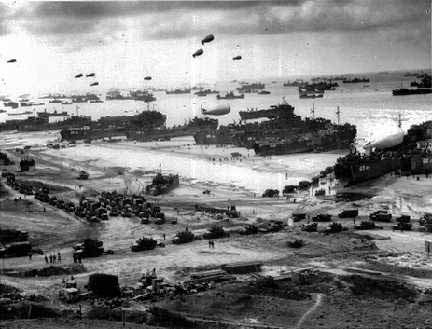Great story. And Ibelieve that in WW11 we were an island nation of one mind, moving as one, committed as one, with no doubts regarding the job in hand and the right of the issue; it was a battle we had to win and I believe we never blinked. As a kid, I never remember anyone blinking, from Winston down, even at what appeared to be the darkest hours. The picture of Londoners shaking their fists at the sky from the rubble inspired me, and although I lost two homes to the bombs, I had no fear to leave our temporary one room when the Lutwaffe attacks crashed around us to head for the air-raid shelters; this was a common phenomenon. London could take it. Much of that area is now being rebuilt as the Olympic villages and sites. Station Street was taken out by a floating land-mine in its entirety; my parents found not only their home gone, but the whole street. It never rose again, it will be covered by Olympic site.
My uncle Fred was a sailor before, throughout, and after WW11, up to Chief Petty Officer. He served on ships such the Hood and then subs. He swore throughout the war that Germany would NEVER have been allowed to cross the channel, and that plans were always set in position; he went down a few times, spent days in the water, pulled guys from the water into lifeboats by their hair, experienced being stuck on the bottom, but never for one moment considered defeat. Bulldog breed stuff - they attack, we win - let's eat.

